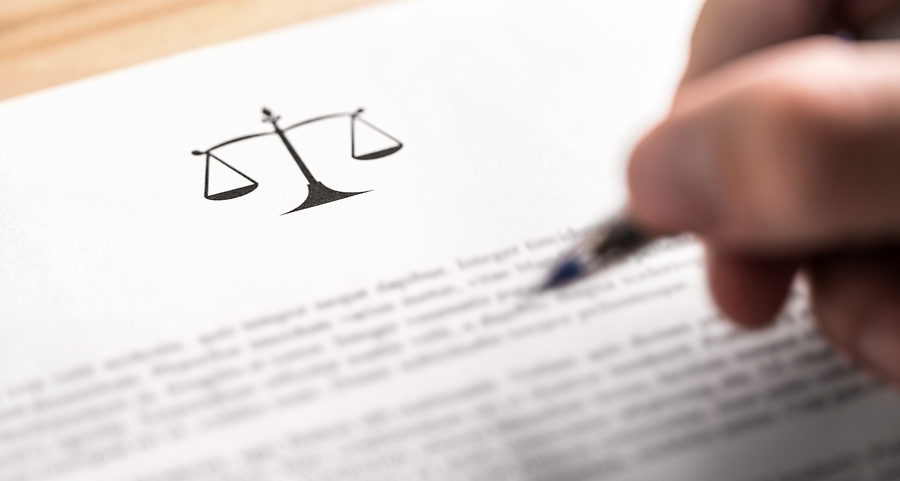After being hurt in an accident that was no fault of their own, an injured victim will likely make a claim against the at-fault party’s insurance carrier in order to collect compensation for their damages, including property damages. Upon doing so, the first document they will send to the insurance adjuster is called a demand letter. Likewise, the first document they might receive in return from the insurance provider is called a “reservations of rights” letter.
Continue reading to learn the difference between these two documents, and how to ensure your claim is on the right track to a successful outcome.

Demand Letters
Initial demand letters are for property damages. Once an injured party has finished their medical care, a demand letter for personal injuries is sent.
After sustaining injuries associated with an auto accident that was the other driver’s fault, you may need to take charge fast in order to receive compensation for property damages, medical bills and emotional suffering. One strategy is to develop a solid letter of demand to the at-fault driver’s insurance carrier. A demand letter is a formally written memo that becomes the catalyst for negotiating compensation for the accident.
Demand letters are important ways to begin the negotiation process of a car accident claim. They can be complicated. Hiring a professional personal injury attorney who will write this demand letter is strongly advised for anyone involved in a personal injury auto accident case.
In the introduction of a demand letter, often times, stone-cold facts are the focus, rather than hear-say, opinions, and accusations. Facts and evidence are necessary to a personal injury auto accident case and any other case for that matter. Once the introduction segment of the letter is complete, the demand section follows. In the demand segment of the letter, facts and injuries, supported by the evidence, are set forth as well as a demand amount.
Reservations of Rights Letter
Once a personal injury victim files a claim with or against an insurance company, the first document they might receive from the insurance provider is called a “reservations of rights” letter. This letter is sent by the insurance company before the negotiations process begins. When victims receive a Reservations of Rights letter from the insurance company they are filing a claim with, they can feel a sense of anxiety due to misconception of its contents.
Many believe that the insurance carrier is claiming they are not going to cover a victim’s damages, when in fact, this is not the case. A Reservations of Rights letter simply conveys to the claimant that the insurance provider for the at-fault party “reserves the right” to not pay for anything if the accident is not covered under the at-fault person’s or entity’s insurance policy. It also informs the claimant that they are still going to investigate the case to assess liability.
Insurance companies send these letters to claimants in order to protect themselves from future legal conflicts. This informs claimants that although they are starting an investigation, they are not acknowledging fault or promising coverage. They also express that remuneration is not guaranteed at all unless their investigation proves the accident is covered under their particular policy.
How to Learn More About Your Indiana Accident Claim
Call the Law Office of Craven, Hoover, and Blazek P.C. at 317-881-2700 to learn the best course of action for your unique Indiana personal injury claim. Our seasoned Indianapolis accident lawyers are ready and able to recover the full and fair compensation you deserve after suffering serious injuries in an accident that was not your fault. Not only does our law firm offer free consultations, we never collect lawyer fees unless we prevail for you! We represent injured persons and the surviving loved ones in wrongful death cases throughout Indiana.

